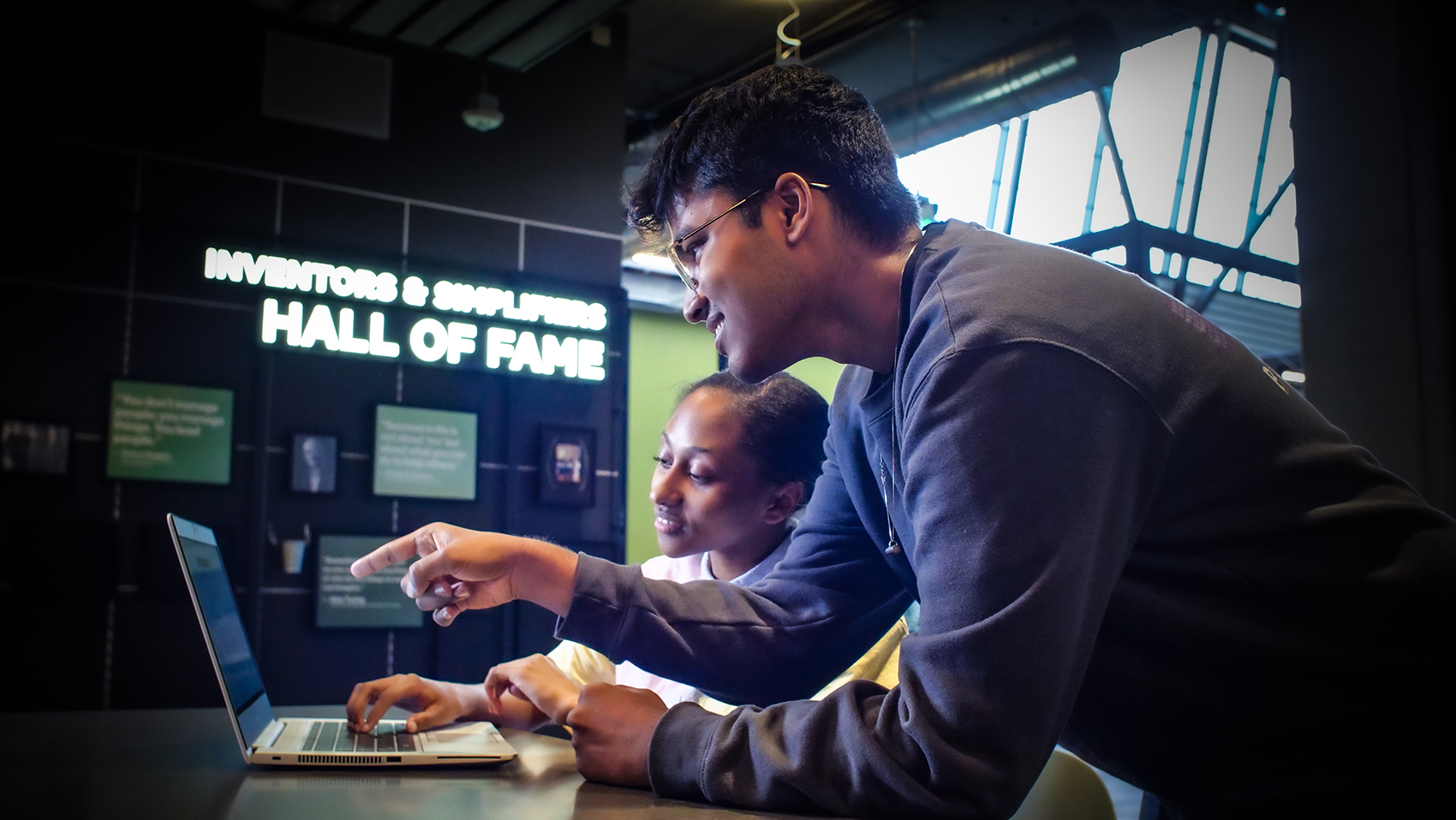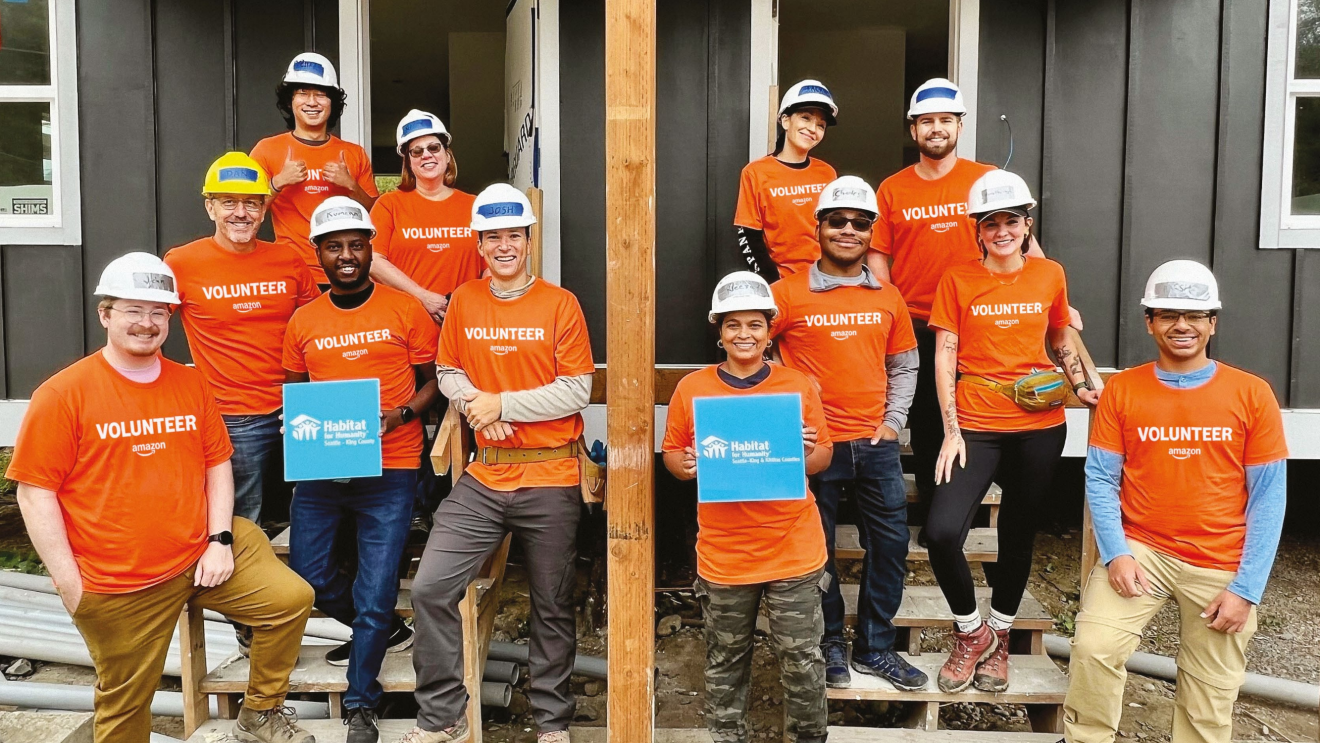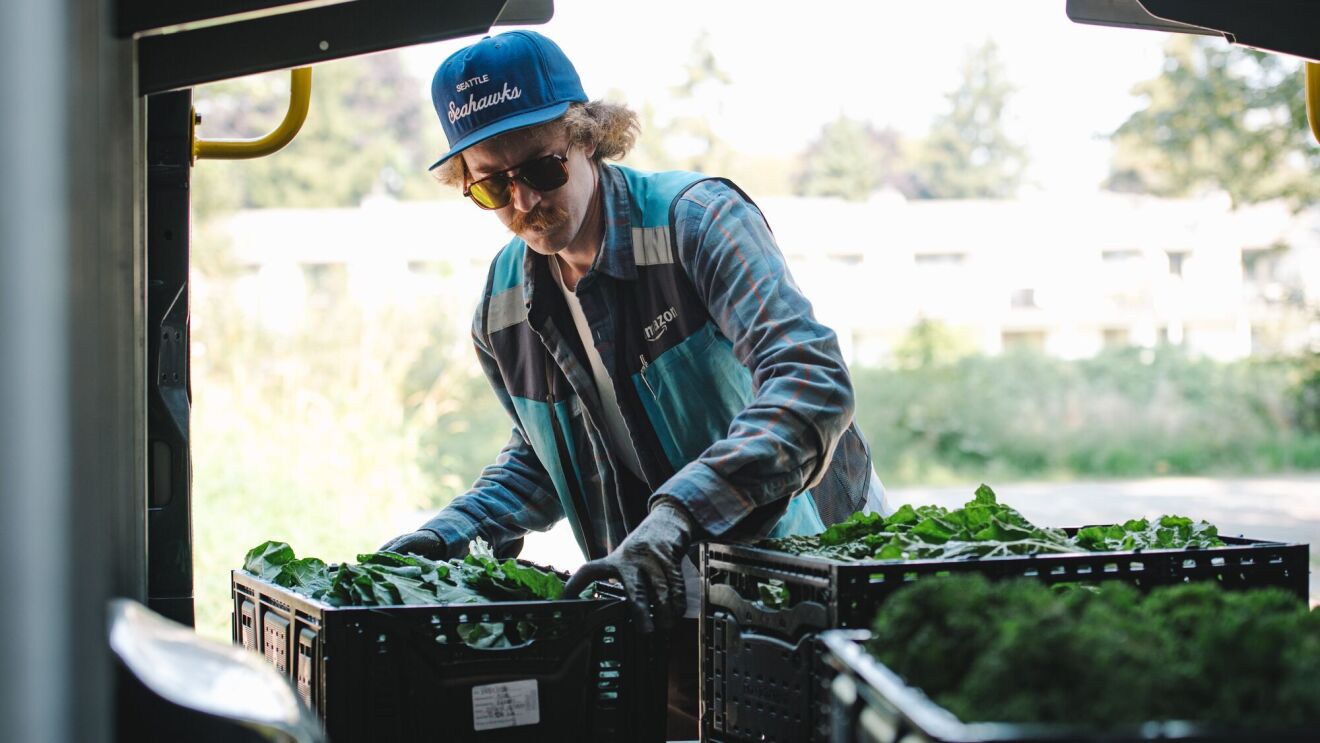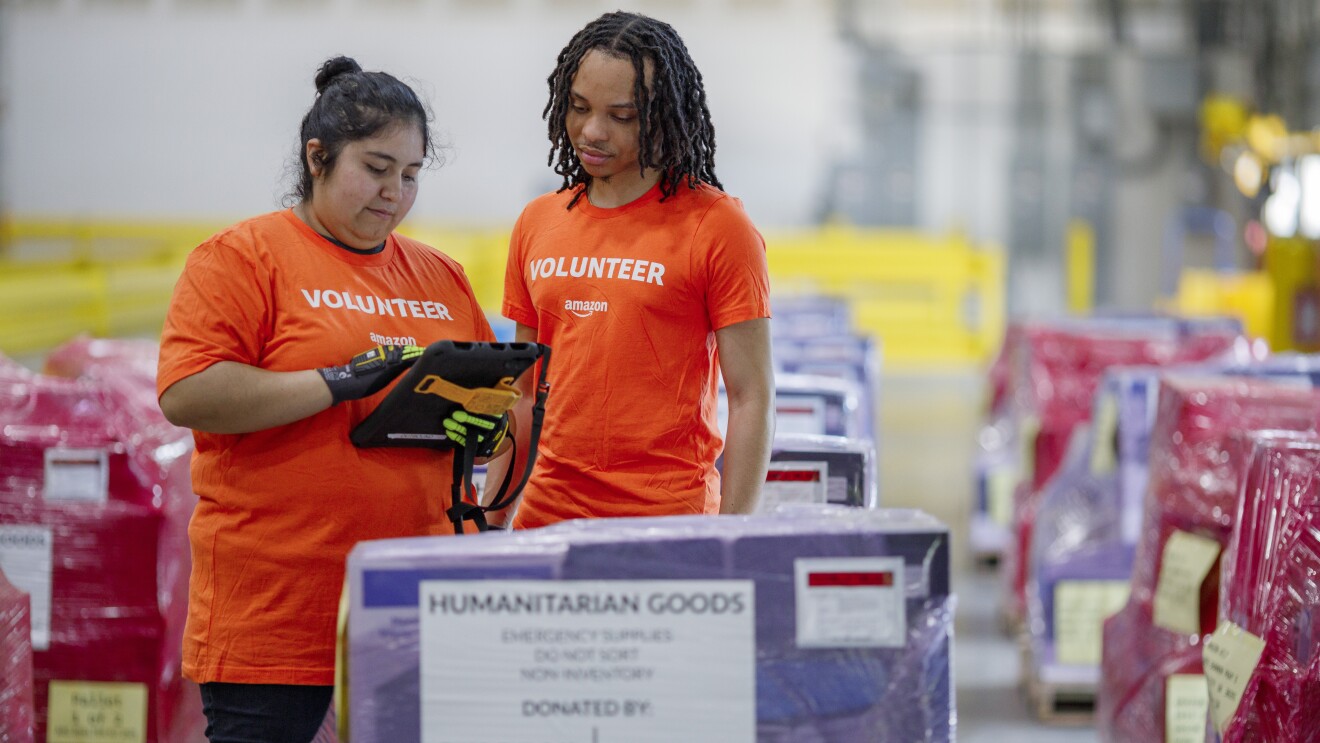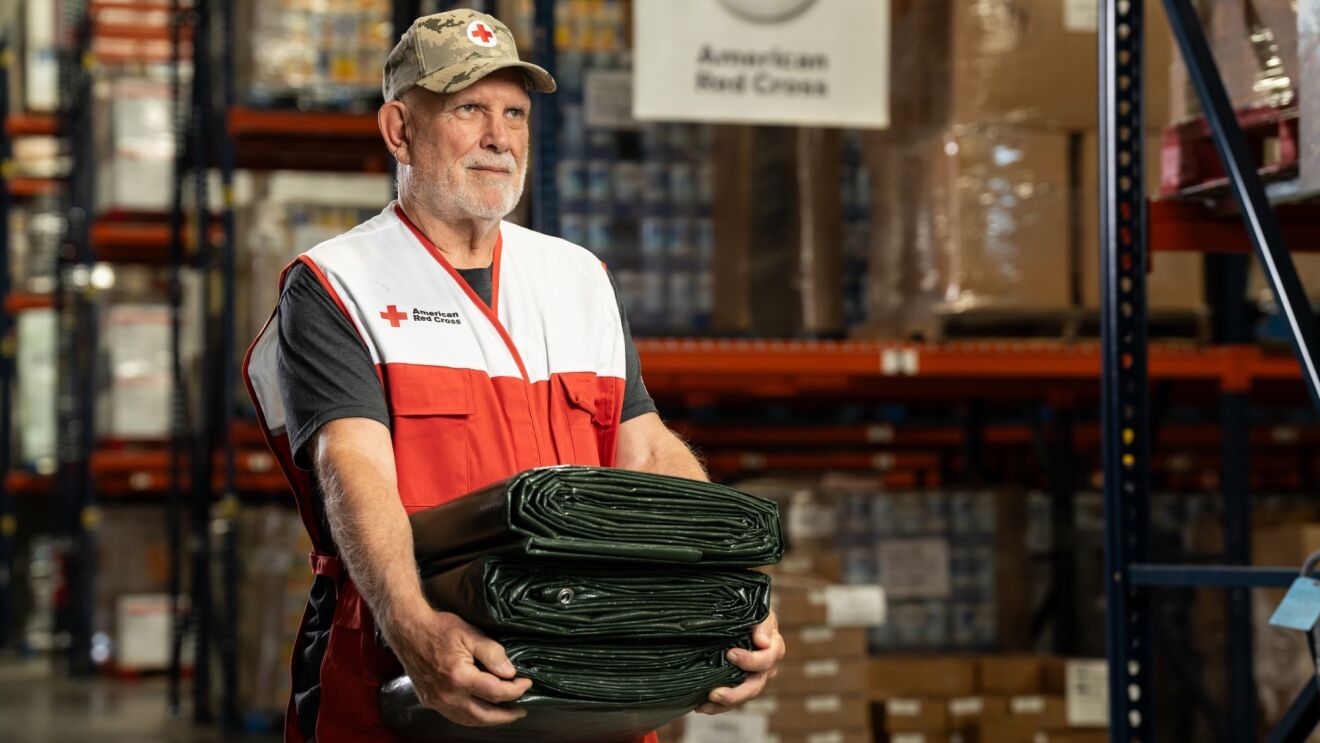The news about Jailynn Primus spread fast in her small South Carolina town. The mayor texted her, "I'm glad I know you." At the supermarket, a woman said, "I was just so proud of you. I hope my daughter does the same thing." A woman on the street called out, "There's the girl who got the Amazon scholarship!"
A year ago, her dream of attending Howard University seemed like it might only be achievable if she went into debt. "My biggest fear about going to college was student loans," said Primus, who grew up watching her single mom work long hours without ever finding financial peace. "With student loans, you hear all the horror stories about 'Oh, my credit's ruined. I owe so much money.' I wasn't going to go to Howard if I didn't get all the money from scholarships. I was just that scared of student loans."
Becoming one of the 100 students to earn a $10,000-a-year Amazon Future Engineer scholarship helped change things. Without needing to take on student debt, she's living in Washington, D.C. where she's a member of Howard University's class of 2023—just the latest case of an opportunity meeting Primus when she was ready to shine.
As a ninth-grader, she joined her school's brand-new robotics club. Two things became clear as soon as the teacher played a video that spelled out the specifics of that year's international robotics competition: programming the robot would be a key part of the challenge, and nobody in the room—not even the teacher—knew how to code.
"I like math. So I said, 'Oh, I'll give coding a try,'" Primus said. "It kept me going, knowing that I was the person the team was relying on to program the robot. We got to the world championship because of our autonomous program, which is what I developed." She remembers thinking "Oh I'm really good at this. I should keep going with it."
She still had doubts, though. Even with all the affirmation she's gotten from her mom and from teachers, she still looks out into the world and sees that the stereotypical engineer's gender, race, family income, and hometown differ from hers. So she's mindful that there are surely high school seniors right now who feel like she did at this time last year, wondering—despite a strong score on the AP Computer Science exam—if they have any business applying for an Amazon Future Engineer scholarship. She hopes they'll push past the doubt, take stock of their own potential, and apply.
Just writing the application essays and declaring her ambition to become an engineer helped Primus see herself in a new light. And then came the day in April when her principal showed up in her classroom with an Amazon box and asked her to open it. She cried when she saw what was inside the box—materials explaining that she was one of the first 100 Amazon Future Engineer scholarship recipients. That meant $40,000 in scholarship money. It meant a paid summer internship at Amazon's Seattle headquarters during the summer of 2020. It also meant a vote of confidence.
"It's so daunting to me that someone, just from reading about me through the essays that I submitted, would say that I have potential," she said. "It pushes me even to this day to keep doing well and not to give up. Someone out there believes that I have potential to make it big inside the engineering community. I think I could do it, they think I could do it, so I definitely can do it."
Primus hopes her engineering career will give her the means to change her mother's life and thank her for all she's done to lift her up.
"Single-mom life was pretty hard," she said. "Even when she was tired from work, if we needed help with something from school, she would be the person to help. She went to some college but never finished, and she understood how education could really transform someone's life. She knew that school was the way for me to go in order to get out of the situation that we were in."
Amazon Future Engineer is designed to help students throughout their schooling. It's a four-part, childhood-to-career program intended to empower and educate 10 million students from underrepresented and underserved communities each year to try computer science.
Primus hopes her participation in the program and her drive to succeed will fuel the aspirations of kids back home in Hardeeville, South Carolina.
"A lot of people leave my community and kind of say, 'Oh, I made it out.' And then that's it," she said. "But the kids who are left and families that continue to grow up there, you can't leave them behind because they need someone."
Learn more about applying for the Amazon Future Engineer scholarship program.
Trending news and stories


